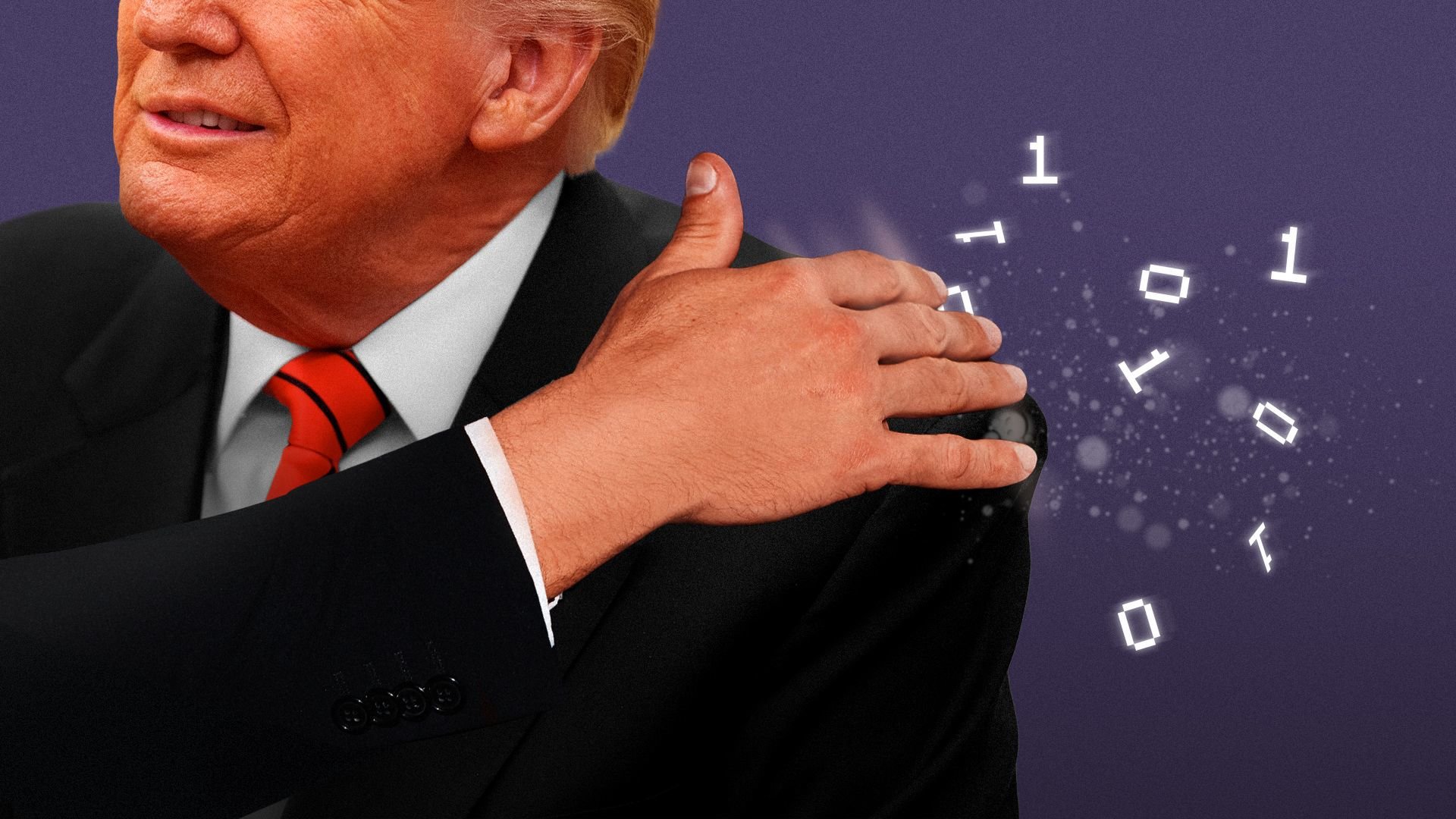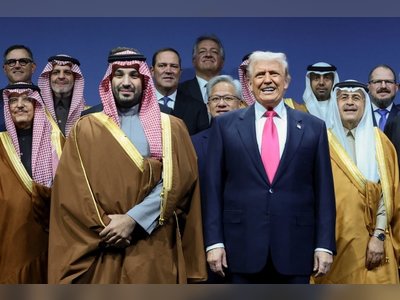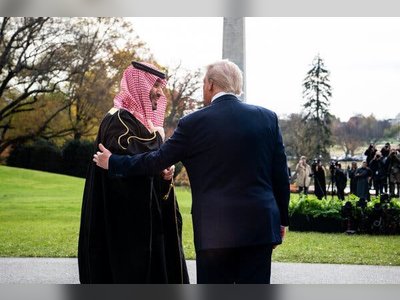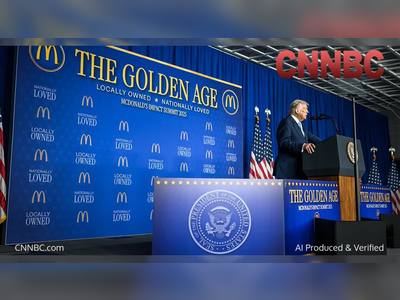
White House Prepares Executive Order to Override State AI Laws
Draft order calls for federal task force and grant-conditions to centralise U.S. artificial-intelligence regulation
The White House is advancing a draft executive order that would instruct federal agencies to challenge and supersede state-level AI regulations in favour of a unified national approach.
Under the proposed mandate, the Department of Justice would establish an "AI Litigation Task Force" tasked with filing legal challenges against state laws deemed to hinder interstate commerce or conflict with federal standards.
Agencies such as the Federal Trade Commission and the Federal Communications Commission would be directed to assess and publish which state rules are burdensome, and the Commerce Secretary would be empowered to condition federal broadband and infrastructure grants on state compliance.
The measure arises amid growing concern from federal policymakers and the technology industry that fifty separate state regimes could create regulatory fragmentation and hamper U.S. competitiveness in artificial intelligence.
It follows a recent legislative defeat in the Senate of a provision that sought to impose a ten-year moratorium on state AI regulation, and represents the administration’s next path to centralise oversight.
While the order would not be equivalent to full legislation, it could significantly reshape the regulatory environment by channeling federal funding and litigation power toward alignment with the White House’s vision.
Some state governors and Republican lawmakers have warned that such a move may overreach executive authority and undermine state sovereignty.
A White House official said the document remains in draft form and has not yet been formally announced.
The outcome will signal how the United States reconciles innovation, governance and federal-state relations at a critical moment in the global AI race.
Under the proposed mandate, the Department of Justice would establish an "AI Litigation Task Force" tasked with filing legal challenges against state laws deemed to hinder interstate commerce or conflict with federal standards.
Agencies such as the Federal Trade Commission and the Federal Communications Commission would be directed to assess and publish which state rules are burdensome, and the Commerce Secretary would be empowered to condition federal broadband and infrastructure grants on state compliance.
The measure arises amid growing concern from federal policymakers and the technology industry that fifty separate state regimes could create regulatory fragmentation and hamper U.S. competitiveness in artificial intelligence.
It follows a recent legislative defeat in the Senate of a provision that sought to impose a ten-year moratorium on state AI regulation, and represents the administration’s next path to centralise oversight.
While the order would not be equivalent to full legislation, it could significantly reshape the regulatory environment by channeling federal funding and litigation power toward alignment with the White House’s vision.
Some state governors and Republican lawmakers have warned that such a move may overreach executive authority and undermine state sovereignty.
A White House official said the document remains in draft form and has not yet been formally announced.
The outcome will signal how the United States reconciles innovation, governance and federal-state relations at a critical moment in the global AI race.











